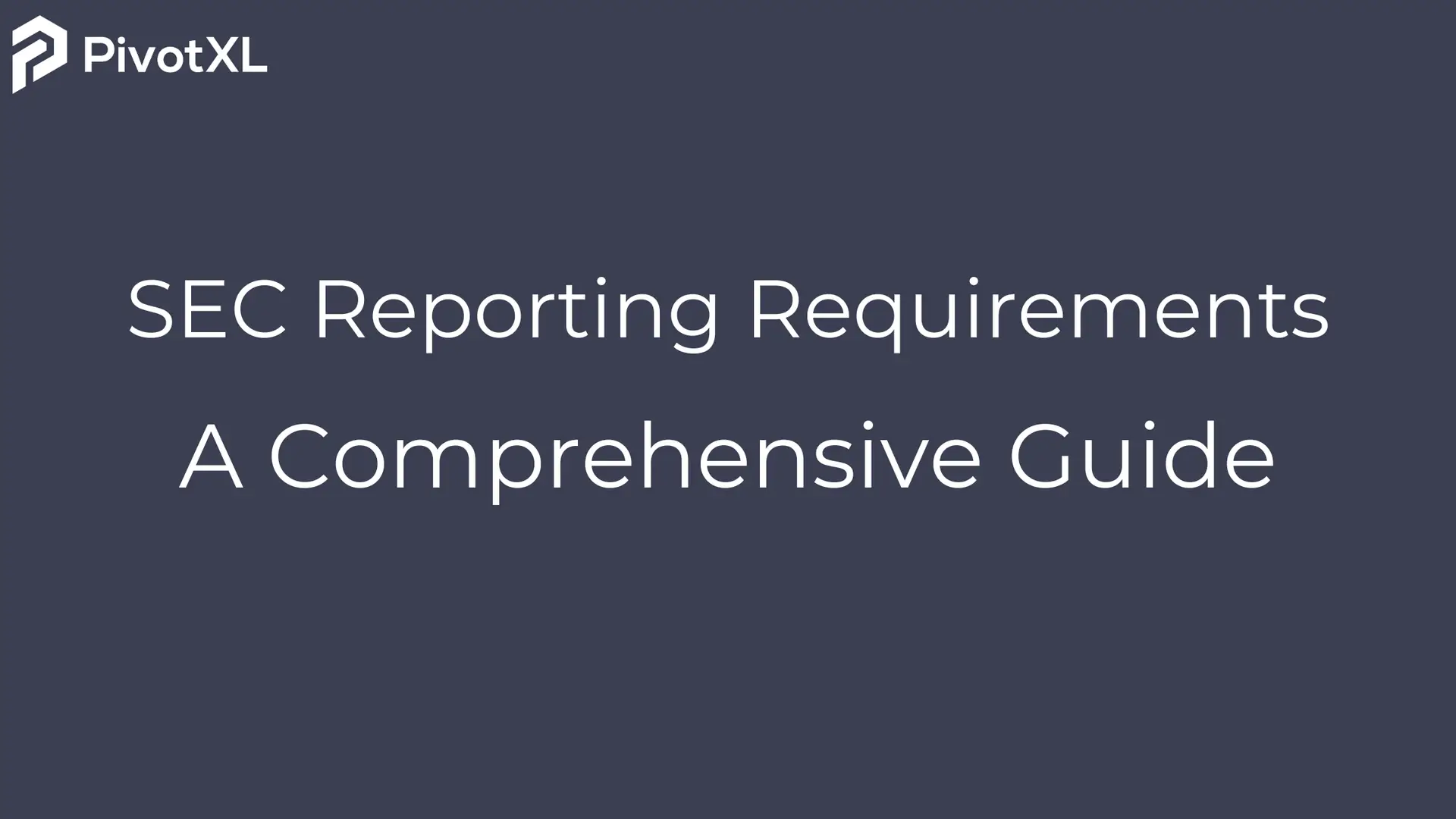Understanding SEC Reporting Requirements: A Comprehensive Guide
The U.S. Securities and Exchange Commission (SEC) plays a vital role in ensuring transparency, fairness, and accountability in the financial markets. To achieve this, it employs SEC reporting requirements, which mandate that public companies disclose essential financial and operational information. These requirements are crucial for investors, analysts, and stakeholders alike to make informed decisions. In this post, we will explore the various SEC reports and the obligations public companies must fulfill.
What Are SEC Reporting Requirements?
SEC reporting requirements refer to the regulations and filings that publicly traded companies must submit to the SEC. These filings provide a comprehensive picture of a company’s financial health, operations, and business activities. Consequently, the SEC enforces these rules to protect investors and maintain the integrity of the securities markets.
Key SEC Filings
The SEC has established several key forms that companies must file to ensure compliance. These filings include:
1. Form 10-K (Annual Report)
To begin, the Form 10-K is a detailed annual report that provides comprehensive financial statements, management discussion, risk factors, and other crucial information about the company’s operations. Public companies must file this form within 60 to 90 days after the fiscal year-end. Thus, it offers investors a deep insight into the company’s performance.
2. Form 10-Q (Quarterly Report)
Moreover, public companies must file the Form 10-Q for each of the first three quarters of the fiscal year. This report provides unaudited financial statements, management’s analysis, and updates on significant changes in the company’s operations or financial condition. As a result, investors can keep track of quarterly developments and trends.
3. Form 8-K (Current Report)
In addition, the Form 8-K is filed to disclose any significant events or changes that might affect the company’s financial status or operations. These include major acquisitions, leadership changes, bankruptcy filings, or any other events that could potentially impact investors’ decisions. Therefore, it ensures that important developments are communicated promptly.
4. Form S-1 (Registration Statement)
For companies planning an initial public offering (IPO), the Form S-1 is required. This document provides an overview of the company’s business, financials, risks, and details about the securities being offered to the public. The SEC reviews this filing thoroughly before allowing the company to proceed with its IPO.
Other SEC Reporting Forms
While the forms listed above are some of the most common filings, other specialized forms may be necessary, depending on the company’s operations. For instance:
- Form 13D and 13G: Filed by individuals or entities that acquire more than 5% of a company’s shares.
- Form 14A: Used for proxy statements in connection with shareholder meetings.
- Form 4: Used to report insider trading activities.
Why Are SEC Reporting Requirements Important?
SEC reporting requirements are crucial for several reasons:
- Investor Protection: By mandating regular disclosures, the SEC ensures that investors have access to essential financial information. As a result, they can make well-informed investment decisions.
- Market Transparency: SEC filings promote transparency by requiring companies to disclose their financial conditions, executive compensation, and any significant changes to operations. This way, investors can have a clear view of the company’s health.
- Regulatory Compliance: Failure to meet SEC reporting obligations may result in penalties, fines, or even delisting from stock exchanges. Therefore, complying with these regulations helps companies avoid legal consequences and maintain their market reputation.
How Can Companies Ensure Compliance?
To meet SEC reporting requirements, companies should:
- Maintain Accurate Financial Records: Accurate and up-to-date financial statements are essential to fulfill filing obligations. In doing so, companies ensure they meet deadlines and provide precise information.
- Hire Qualified Professionals: Engaging legal, accounting, and regulatory experts is another essential step. These professionals can help companies navigate the complex landscape of SEC regulations.
- Regular Monitoring of Financial Activities: Regular internal audits and reviews are critical to ensure all major events are captured and filed in a timely manner. This helps companies stay compliant and avoid any surprises.
Conclusion
In conclusion, SEC reporting requirements are pivotal for maintaining the integrity of financial markets and protecting investors. Public companies must adhere to a variety of reporting standards, ensuring transparency in their operations and financial activities. Understanding and complying with these requirements is not only a legal obligation but also a key factor in maintaining investor trust and confidence.
By regularly filing forms like the 10-K, 10-Q, and 8-K, companies can demonstrate their commitment to transparency, corporate responsibility, and investor protection.




